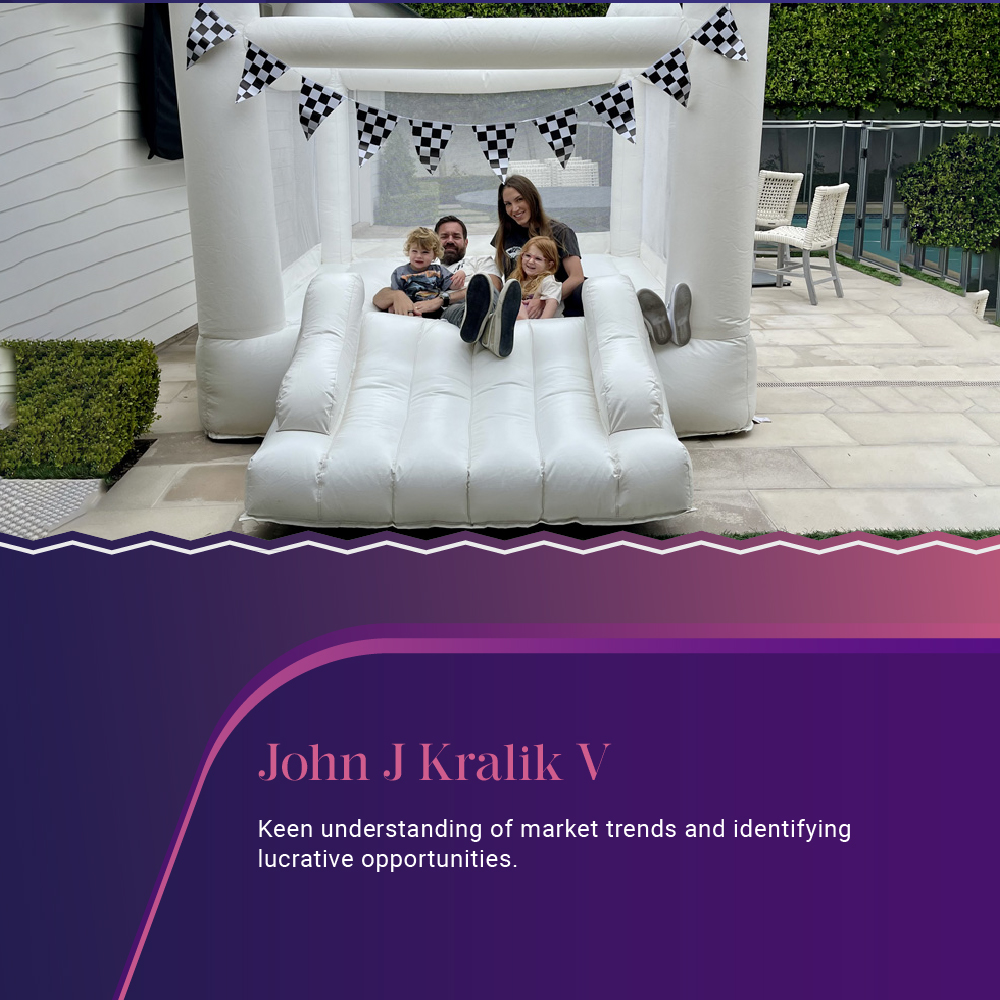
The real estate market is dynamic and ever-evolving, making it essential for agents and marketers to stay ahead of the curve with innovative sales tips and techniques. As we look to the future, integrating advanced real estate marketing strategies will be crucial to stand out in this competitive industry. This article explores critical techniques to propel real estate marketing efforts into the next era, ensuring professionals can effectively attract and engage potential clients.
Leveraging Technology for Enhanced Visibility
In today’s digital age, technology is pivotal in real estate marketing. Virtual tours and augmented Reality (AR) can significantly enhance how properties are presented to prospective buyers. Virtual tours allow clients to explore properties conveniently, providing them with a realistic view of the space without needing physical visits. This saves time and widens the pool of potential buyers as geographical limitations are diminished.
Augmented Reality takes this further by allowing potential buyers to visualize changes within the space, like furniture placement and decor alterations, through their devices. This interactive experience can be highly persuasive, making it easier for buyers to connect emotionally with the property. By adopting these technologies, real estate marketers can offer an immersive and engaging experience that sets their listings apart.
Optimizing Social Media Platforms
Social media remains a powerful tool for real estate professionals, offering a vast platform to showcase properties and build client relationships. However, the key to success lies in optimizing these platforms through targeted advertising and content strategies that cater to specific demographics. Instagram and Pinterest, known for their visual appeal, are ideal for showcasing stunning property images and engaging videos. These platforms also offer sophisticated targeting options, allowing marketers to reach potential buyers based on location, interests, and browsing behavior.
Additionally, leveraging Facebook’s marketplace and advertising tools can help drive more focused engagement. Creating community groups or pages specifically for neighborhoods or property types can foster community and trust, positioning the marketer as a knowledgeable and approachable expert. Regular updates and interactive posts like live Q&A sessions can further enhance engagement and lead generation.
Harnessing the Power of Content Marketing
Content marketing is a strategic approach that involves creating and distributing valuable, relevant, and consistent content to attract and retain a clearly defined audience. For real estate, this could include blog posts about market trends, tips for first-time homebuyers, or success stories from recent clients. The goal is to position oneself as a thought leader in the industry, providing insightful content that buyers and sellers find helpful.
Creating a diverse content calendar that includes a mix of media, such as videos, blogs, infographics, and podcasts, can appeal to different preferences and increase the chances of engagement. Email newsletters highlighting new listings, industry news, and home maintenance tips can keep the audience engaged and encourage repeat visits to the agent’s website or social media profiles.
Developing a Strong Brand Identity
A strong, recognizable brand can significantly enhance a real estate professional’s ability to attract new clients and retain existing ones. Brand identity goes beyond just a logo or tagline; it encompasses the values, service level, and professionalism clients can expect when working with a real estate agent or company. Developing a consistent brand voice and aesthetic across all marketing materials and platforms can help establish trust and recognition.
Community involvement and sponsorship of local events can also reinforce a brand’s presence and commitment to the local market. Whether sponsoring a local sports team or participating in community charity events, these activities can enhance the brand’s visibility and connection with the community, making it more likely that residents will turn to the brand when they need real estate services.
Focusing on Customer Experience
The customer experience in real estate is crucial and can dictate whether a client decides to do business with you again or refer you to others. Personalizing communication, responding promptly to inquiries, and being transparent about processes and fees can all significantly enhance the client’s experience. Real estate professionals should use CRM (Customer Relationship Management) systems to manage client interactions and ensure no client feels neglected.
Moreover, asking for feedback through surveys or informal conversations can provide valuable insights into areas needing improvement and what clients appreciate most. Implementing this feedback improves the service and shows clients that their opinions are valued, fostering loyalty.
The future of real estate marketing lies in embracing new technologies, optimizing digital platforms, creating valuable content, building a solid brand, and focusing on exceptional customer service. By incorporating these advanced strategies, real estate professionals can enhance their market presence and achieve sustained success.